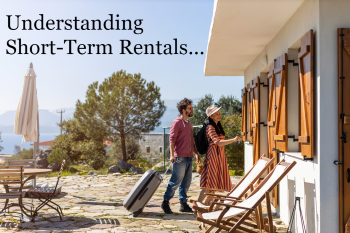
OK, this is our fourth blog on understanding rentals. If you haven’t, go back and read the previous three for a better understanding. We covered the possible local laws restricting short-term rentals, how they are taxed at the federal level, how to hold title and how to save money on the self-employment tax.
This article is going to discuss another surprise tax that many investors don’t understand: sales and lodging taxes. These are the taxes all hotels have to pay, and they are at the city, county and state levels.
Short-term rentals, like those offered on services such as Airbnb and VRBO, have always been required to collect and remit sales and lodging taxes. Historically, the large vacation rental websites viewed these occupancy taxes as the responsibility of the host or homeowner responsibility, not the platform.
The platform was positioned simply as an advertising website or marketplace, and transactions occurred directly between homeowner and traveler. These taxes, however, were often overlooked and not well understood by homeowners and hosts.
As the short-term rental industry has continued to grow, these lodging taxes are increasingly part of the industry narrative and becoming much better understood. Short-term rentals are now ubiquitous, which has sparked pushback in some communities, with a new and heightened focus
Read More...